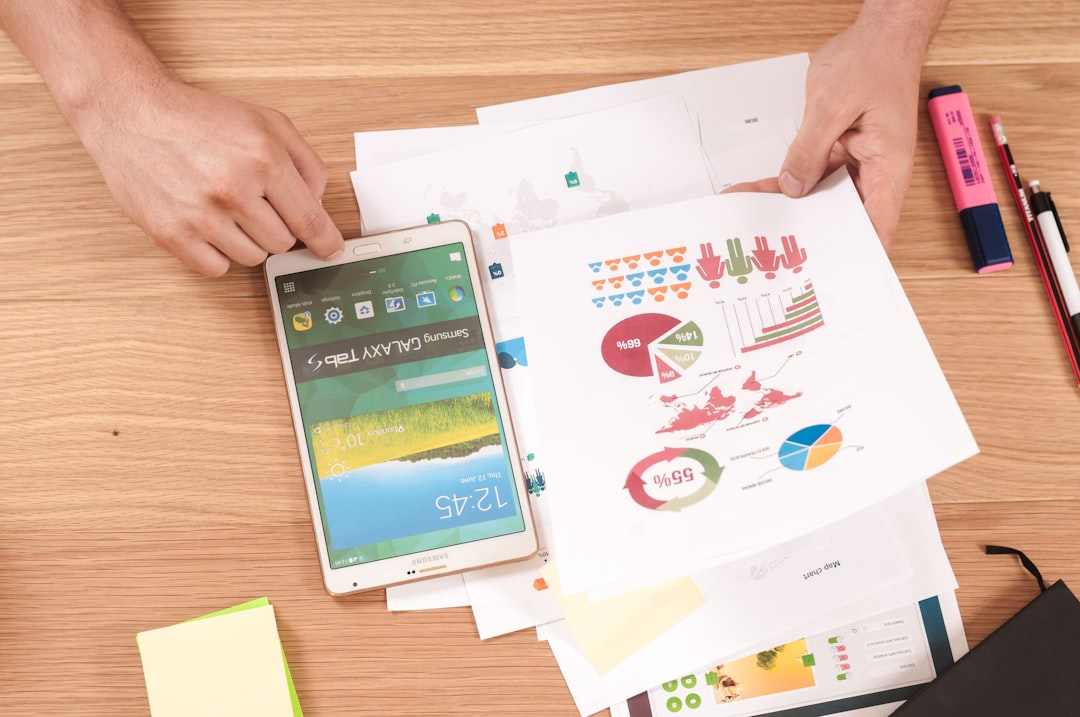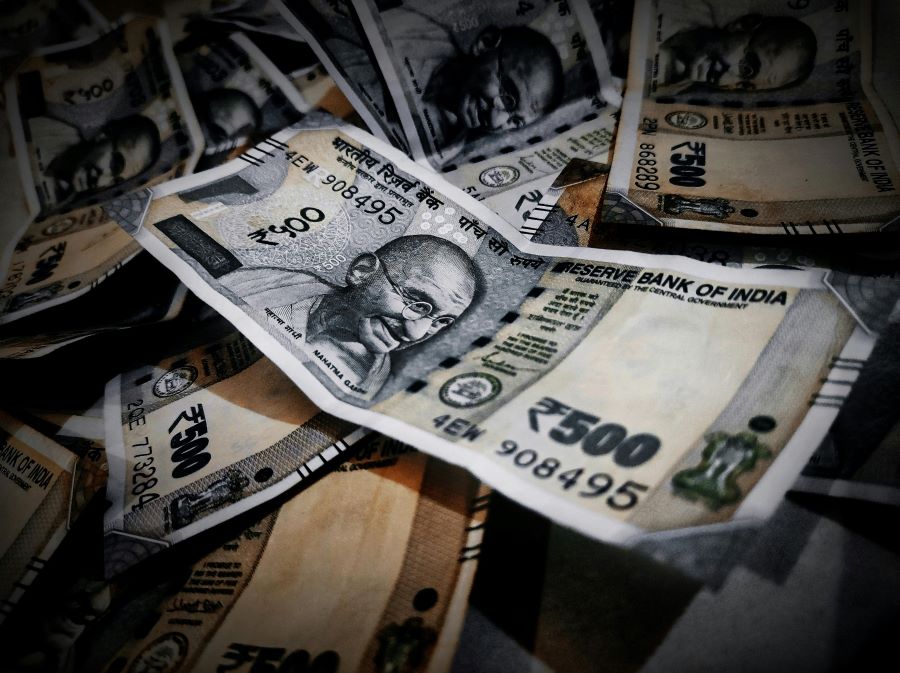Your credit score is a vital component of your financial health, determining your ability to access loans and credit. In India, CIBIL and Equifax are two major credit bureaus that calculate and provide these scores. While both assess your creditworthiness, there are some key differences between CIBIL and Equifax scores that you should understand. In this article, we’ll decode the distinctions between Equifax vs CIBIL scores, how they’re calculated, and what they mean for your borrowing potential. We’ll also explore how Airtel Finance can help you access your credit report and improve your score.
Understanding Credit Scores
What is a credit score?
Your credit score is a three-digit number ranging from 300 to 900 that represents your creditworthiness. It’s based on your credit history, which includes factors like your repayment track record, credit utilization, and length of credit history. The higher your score, the more financially responsible you’re considered to be.
Why do credit scores matter?
Lenders and financial institutions use your credit score to assess the risk of lending to you. A higher score indicates a lower risk, increasing your chances of loan or credit card approval and securing better interest rates. For example, a CIBIL score of 750+ is generally considered good, while an Equifax score above 700 is deemed excellent.
CIBIL vs Equifax: Key Differences
Data sources and scoring models
While both CIBIL and Equifax collect data from banks, credit card issuers, and other lenders, the information each bureau receives can vary. This can lead to differences in the credit scores they generate for the same individual.
Moreover, CIBIL and Equifax use different proprietary algorithms to calculate scores. These models weigh factors like payment history, credit mix, and credit inquiries differently, resulting in score variations. Here’s a quick comparison:
|
Factor |
CIBIL |
Equifax |
|---|---|---|
|
Payment History |
High Impact |
High Impact |
|
Credit Utilization |
High Impact |
Medium Impact |
|
Credit Mix |
Medium Impact |
Low Impact |
|
New Credit Inquiries |
Low Impact |
Medium Impact |
Score range and interpretation
Both CIBIL and Equifax scores range from 300 to 900, with higher scores indicating better creditworthiness. However, the interpretation can differ slightly:
|
Score Range |
CIBIL |
Equifax |
|---|---|---|
| 300-579 |
Poor |
Poor |
| 580-669 |
Fair |
Fair |
| 670-739 |
Good |
Good |
| 740-900 |
Excellent |
Excellent |
For instance, a CIBIL score of 700 might be considered good, while an Equifax score of 700 could be interpreted as very good.
Calculation period
Another distinction lies in the timeframe each bureau considers for score calculation:
-
CIBIL typically looks at data from the last 24 months
-
Equifax can use information going back up to 7 years
This means older credit issues could have a longer impact on your Equifax score compared to CIBIL.
Checking Your Credit Score
Accessing your credit report
Regularly reviewing your credit report helps you spot errors, identify fraud, and track your financial progress. Here’s how you can access your CIBIL and Equifax reports:
-
Visit the official CIBIL and Equifax websites
-
Fill out the required details like name, date of birth, and PAN
-
Choose the paid or free report option
-
Verify your identity via OTP
-
Access your credit report and score
Alternatively, you can conveniently check your credit score for free through the Airtel Thanks app. The app provides your Airtel Finance Credit Score, along with personalized insights to help improve it.
Improving Your Credit Score
Building a strong credit profile
Whether you’re aiming for a higher CIBIL or Equifax score, the fundamentals of credit health remain the same:
-
Always pay your EMIs and credit card bills on time
-
Keep your credit utilization below 30%
-
Maintain a healthy mix of secured and unsecured credit
-
Avoid applying for multiple loans or cards in a short span
-
Regularly check your credit report for discrepancies
For example, if you have a ₹1 lakh credit limit and spend ₹40,000 in a month, your utilization would be 40%. Bringing this down to ₹25,000-₹30,000 could boost your credit score over time.
Leveraging Airtel Finance for better credit
Airtel Finance offers a suite of products designed to help you strengthen your credit profile:
-
Personal Loans: Avail loans up to ₹25 lakhs at competitive interest rates to consolidate debt or finance major expenses. Timely repayment can significantly improve your credit score.
-
Credit Cards: Use an Airtel Credit Card responsibly to build a positive payment history. The Airtel Thanks app lets you easily track your spends and payments.
Before applying, make sure you meet the eligibility criteria and have the necessary documents ready for a seamless process.
Conclusion
In summary, while CIBIL and Equifax both provide credit scores, they have distinct data sources, scoring models, and calculation periods. Understanding these differences can help you better interpret your credit standing and take steps to improve it.
Whether you’re looking to boost your CIBIL score or Equifax rating, practicing good credit habits and leveraging Airtel Finance’s offerings can pave the way for a stronger financial future. Take charge of your credit health today by checking your Airtel Finance Credit Score on the Airtel Thanks app and exploring personal loan options tailored to your needs.
FAQs:
-
What is the main difference between CIBIL and Equifax credit scores?
While both CIBIL and Equifax provide credit scores, they use different data sources and scoring models, resulting in potential variations in scores for the same individual. -
Is CIBIL score more important than Equifax score?
Both CIBIL and Equifax scores are equally important, as lenders may check either or both when assessing your creditworthiness for loans and credit cards. -
Can I have a good CIBIL score but a low Equifax score?
Yes, it’s possible to have differing CIBIL and Equifax scores due to variations in data reporting and scoring algorithms used by each bureau. -
How can I check my Equifax vs CIBIL score for free?
You can check your credit score for free through the Airtel Thanks app, which provides your Airtel Finance Credit Score along with insights to improve it. -
What is a good credit score range for CIBIL and Equifax?
For both CIBIL and Equifax, a score of 750+ is considered good, while 800+ is deemed excellent, indicating a low-risk borrower profile.


 Get App
Get App  Airtel Store
Airtel Store  Login
Login 


